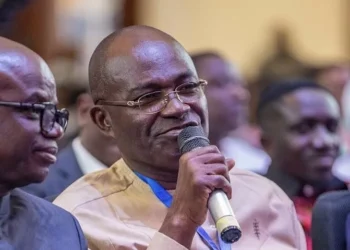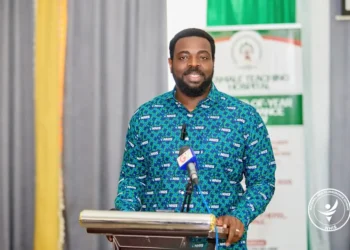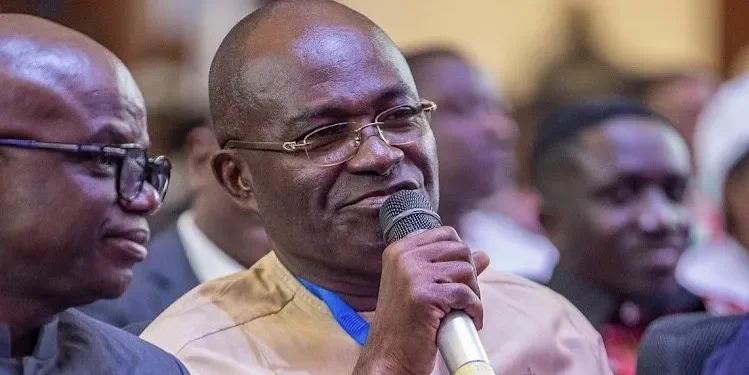The Attorney General Godfred Yeboah Dame has criticized Speaker of Parliament Alban Bagbin’s decision to hire personal lawyers in the ongoing Supreme Court lawsuit concerning the status of four legislators.
In a formal statement, Attorney General Godfred Yeboah Dame expressed strong reservations about Speaker Bagbin’s decision to retain private counsel for the case, arguing that his office—the Attorney General’s office—should be the only entity representing public officials in legal actions concerning government functions, including those involving Parliament.
“The Constitution designates the Attorney General as the defendant in all actions involving the government, including its parliamentary arm,” Dame explained, noting that public officials, even those occupying powerful positions like the Speaker of Parliament, are not entitled to independently select legal representation in matters that touch on government functions.
According to Dame, the role of representing the Speaker in court should fall under his purview, reinforcing the Attorney General’s constitutional mandate to represent all government branches in legal proceedings.
Dame went further, asserting that Speaker Bagbin’s involvement in the proceedings as a first defendant may be unnecessary, as his absence would not prevent the court from proceeding with the case.
“The first defendant (the Speaker) is not even a proper party to the proceedings before the court, and his absence will not impede the court’s ability to proceed with the hearing of the matter.”
Attorney General Godfred Yeboah Dame
In the view of the Attorney General, the only necessary party in this case is his office, thereby invalidating the Speaker’s decision to retain personal legal representation.

The Attorney General’s response underscored the legal complexities of Ghana’s institutional hierarchy and the balance of powers between the branches of government.
His stance is rooted in the interpretation of the Constitution, which outlines the Attorney General’s responsibilities in representing all government bodies, including the legislative branch.
Dame’s interpretation suggested that the actions of any public official in relation to government duties fall within his office’s domain, a viewpoint that prioritizes centralized legal representation for government interests and prevents potential conflicts of interest.
Earlier today, the Supreme Court dismissed an application by Speaker Bagbin, who had sought to reverse the court’s stay of his ruling.
Bagbin’s legal team argued that the Supreme Court’s suspension of his ruling undermined his authority and duty as Speaker to uphold parliamentary integrity.
However, the Supreme Court disagreed, reiterating that the stay would remain in effect pending further hearings, and dismissed the Speaker’s motion for a reversal.
This dismissal aligned with the Attorney General’s argument that the Speaker should not have sought independent legal representation, as the Attorney General’s office would have been responsible for defending the Speaker’s decision.
The court’s ruling indirectly reinforced the Attorney General’s position, indicating that Bagbin’s decision to challenge the stay with a personal legal team may have been improper.
The friction between the Attorney General and the Speaker of Parliament highlights underlying tensions in Ghana’s political system, with questions arising about the judiciary’s oversight of parliamentary matters.
Bagbin’s decision to pursue personal legal representation may also signal a broader assertion of autonomy by the legislative branch, setting the stage for ongoing debates about the boundaries of executive influence over Parliament.
The Supreme Court’s ultimate decision, expected in the coming weeks, will not only clarify the status of the four MPs but will also determine the broader legal precedent regarding public officeholders’ engagement of personal legal counsel.
READ ALSO: Ghana’s Insurance Sector Surges with 22% Asset Growth and Strategic Portfolio Shifts






















